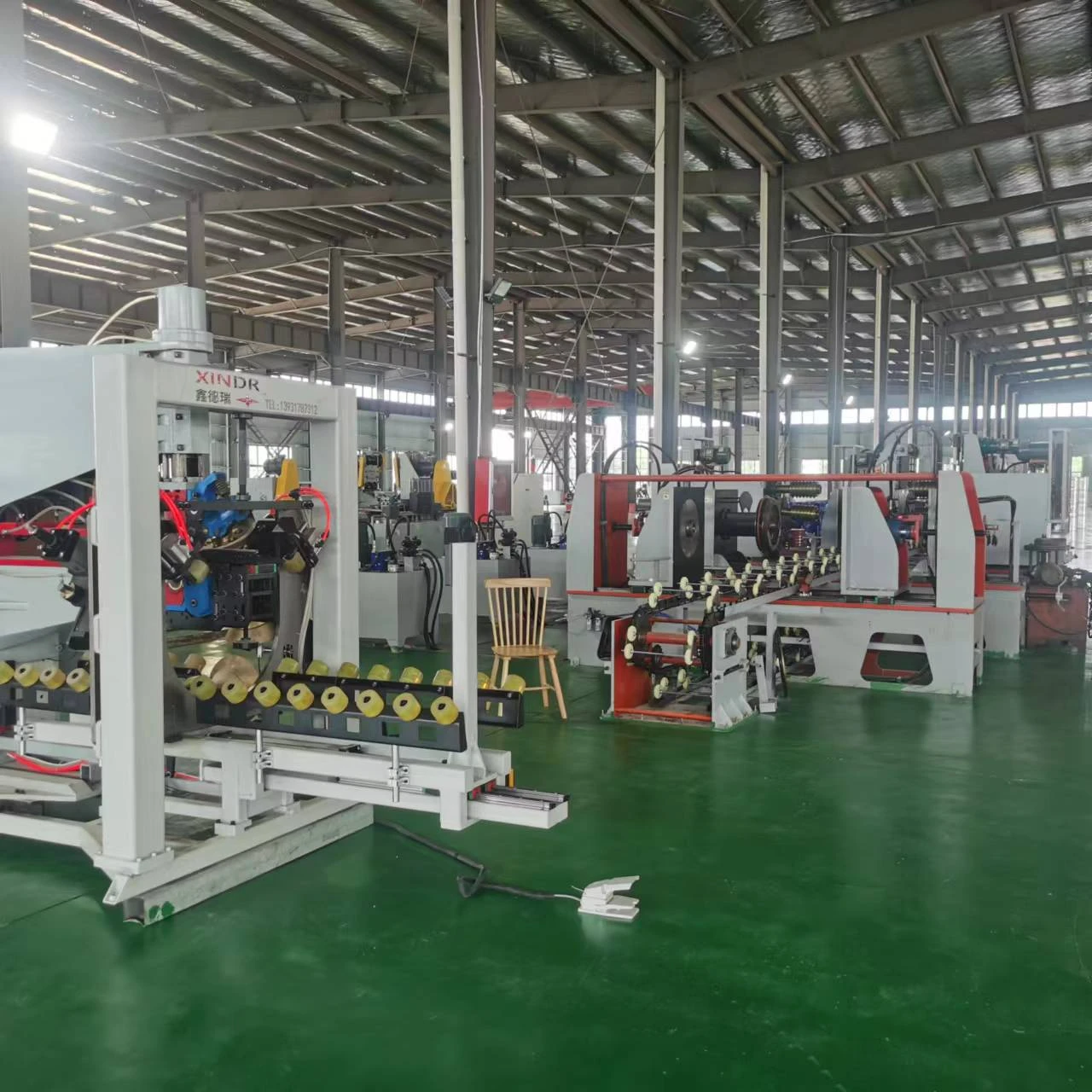-
 8613931787312
8613931787312 -
 Botou Industrial Zone on the east side of National Highway 104, Botou City, Hebei Province
Botou Industrial Zone on the east side of National Highway 104, Botou City, Hebei Province
- Afrikaans
- Albanian
- Amharic
- Arabic
- Armenian
- Azerbaijani
- Basque
- Belarusian
- Bengali
- Bosnian
- Bulgarian
- Catalan
- Cebuano
- Corsican
- Croatian
- Czech
- Danish
- Dutch
- English
- Esperanto
- Estonian
- Finnish
- French
- Frisian
- Galician
- Georgian
- German
- Greek
- Gujarati
- haitian_creole
- hausa
- hawaiian
- Hebrew
- Hindi
- Miao
- Hungarian
- Icelandic
- igbo
- Indonesian
- irish
- Italian
- Japanese
- Javanese
- Kannada
- kazakh
- Khmer
- Rwandese
- Korean
- Kurdish
- Kyrgyz
- Lao
- Latin
- Latvian
- Lithuanian
- Luxembourgish
- Macedonian
- Malgashi
- Malay
- Malayalam
- Maltese
- Maori
- Marathi
- Mongolian
- Myanmar
- Nepali
- Norwegian
- Norwegian
- Occitan
- Pashto
- Persian
- Polish
- Portuguese
- Punjabi
- Romanian
- Russian
- Samoan
- scottish-gaelic
- Serbian
- Sesotho
- Shona
- Sindhi
- Sinhala
- Slovak
- Slovenian
- Somali
- Spanish
- Sundanese
- Swahili
- Swedish
- Tagalog
- Tajik
- Tamil
- Tatar
- Telugu
- Thai
- Turkish
- Turkmen
- Ukrainian
- Urdu
- Uighur
- Uzbek
- Vietnamese
- Welsh
- Bantu
- Yiddish
- Yoruba
- Zulu
феб . 19, 2025 09:00
Back to list
Small Can Seam Welding Machine
The modern industrial landscape is constantly evolving, and one of the cornerstones of this evolution is the can making machine. These machines are pivotal in the manufacturing sector, playing a crucial role in food and beverage packaging, chemical storage, and a variety of other applications. Understanding the intricacies of these machines can provide significant competitive advantages in production efficiency, product quality, and market responsiveness.
Trustworthiness in can making processes is paramount. Manufacturers must adhere to international standards such as ISO 9001 for quality management systems to ensure reliability and consistency. Certification and compliance with regulations like those from the FDA for food contact materials further bolster the trust that clients and end-users place in these products. For any company venturing into or expanding within the can manufacturing industry, understanding market trends is crucial. The rise in demand for canned beverages, driven by consumer preference for aluminum cans due to their recyclability and sustainability, indicates a robust future for this sector. Additionally, innovations such as lightweight cans and BPA-free linings demonstrate the industry's commitment to meeting evolving consumer preferences and regulatory requirements. In conclusion, the can making machine is a linchpin of modern manufacturing, demanding a high level of expertise, industry authority, and a keen focus on trustworthy practices. By staying at the forefront of technological advancements and regulatory adherence, businesses can harness the full potential of these machines, ensuring efficient production and high-quality outcomes. As digital transformation continues to sweep through the manufacturing industry, those who leverage data-driven insights and maintain rigorous standards will undoubtedly lead the pack.


Trustworthiness in can making processes is paramount. Manufacturers must adhere to international standards such as ISO 9001 for quality management systems to ensure reliability and consistency. Certification and compliance with regulations like those from the FDA for food contact materials further bolster the trust that clients and end-users place in these products. For any company venturing into or expanding within the can manufacturing industry, understanding market trends is crucial. The rise in demand for canned beverages, driven by consumer preference for aluminum cans due to their recyclability and sustainability, indicates a robust future for this sector. Additionally, innovations such as lightweight cans and BPA-free linings demonstrate the industry's commitment to meeting evolving consumer preferences and regulatory requirements. In conclusion, the can making machine is a linchpin of modern manufacturing, demanding a high level of expertise, industry authority, and a keen focus on trustworthy practices. By staying at the forefront of technological advancements and regulatory adherence, businesses can harness the full potential of these machines, ensuring efficient production and high-quality outcomes. As digital transformation continues to sweep through the manufacturing industry, those who leverage data-driven insights and maintain rigorous standards will undoubtedly lead the pack.
Latest News
-
The Rise of Laser Welding: Precision Meets Power in Modern MetalworkNewsAug.06,2025
-
Streamlining Industrial Packaging: The Power of Barrel Production LinesNewsAug.06,2025
-
Revolutionizing Metal Joining: The Power of Automatic Seam Welding MachinesNewsAug.06,2025
-
Powering Industrial Innovation: The Role of Pipe and Tube Machinery in Modern ManufacturingNewsAug.06,2025
-
Exploring the World of Resistance Welding: Equipment, Manufacturers, and Pricing InsightsNewsAug.06,2025
-
Advancing Container Manufacturing: The Role of the Modern Can Welding MachineNewsAug.06,2025
-
Understanding Automatic Seam Welding Machines: A Game Changer in Welding TechnologyNewsJul.18,2025
related products
-
 Pneumatic Handle Welding MachineSep . 13, 2024
Pneumatic Handle Welding MachineSep . 13, 2024 -
 Fully Automatic Kaiping Production LineOct . 17, 2024
Fully Automatic Kaiping Production LineOct . 17, 2024 -
 Fully Automatic Metal Bucket Lifting HeadphonesSep . 14, 2024
Fully Automatic Metal Bucket Lifting HeadphonesSep . 14, 2024

